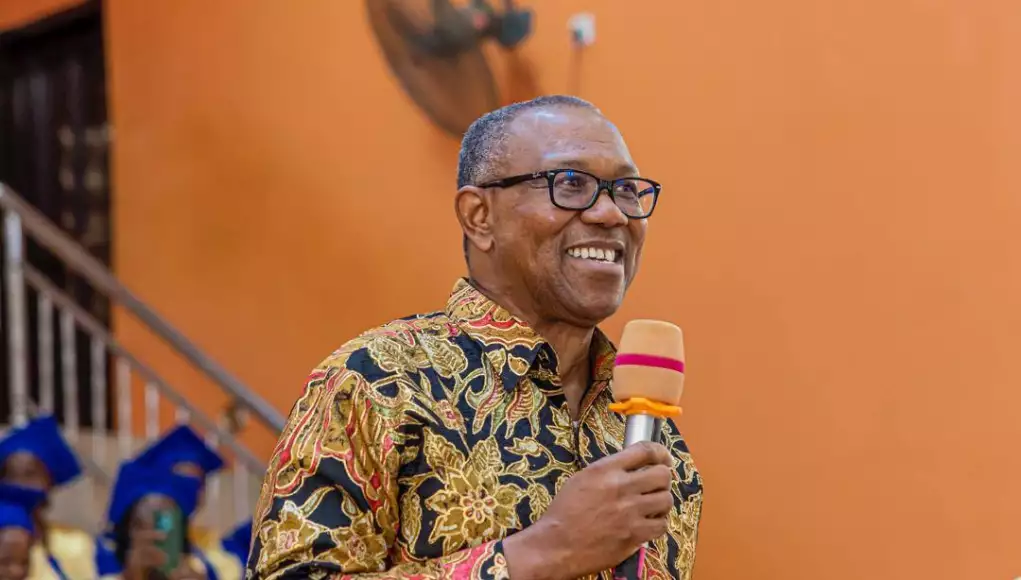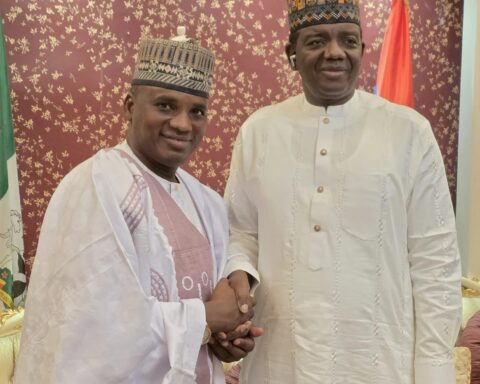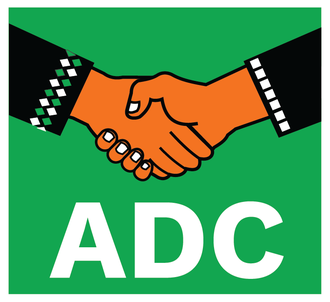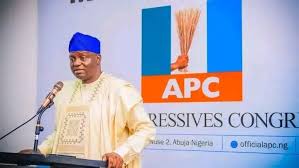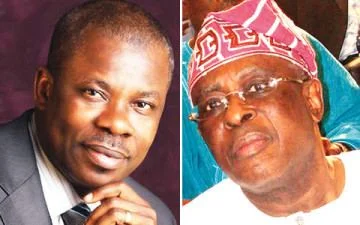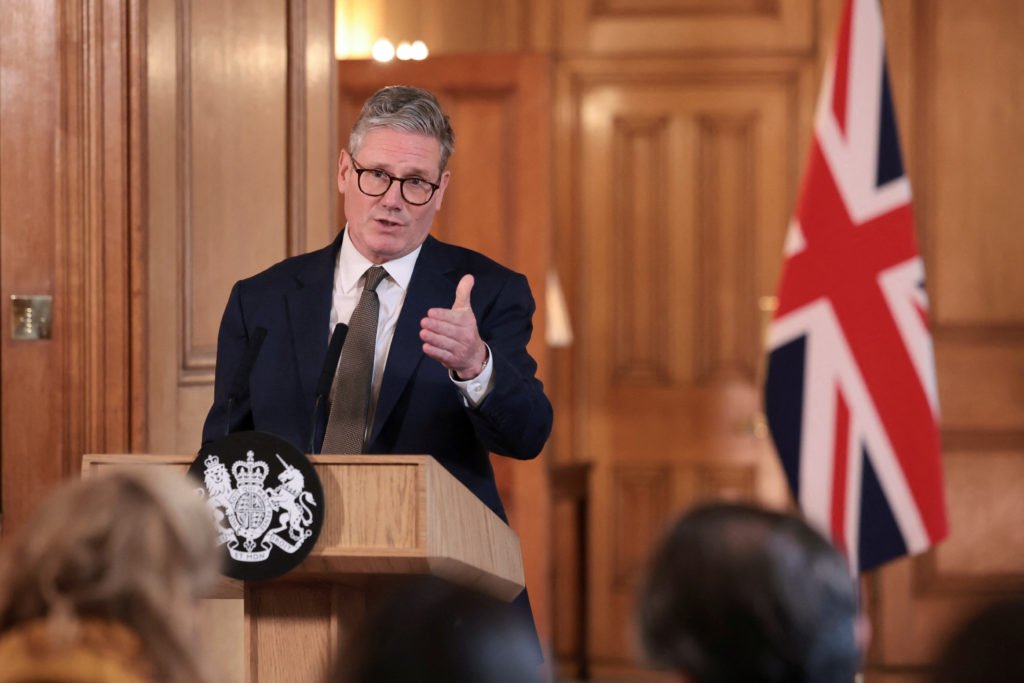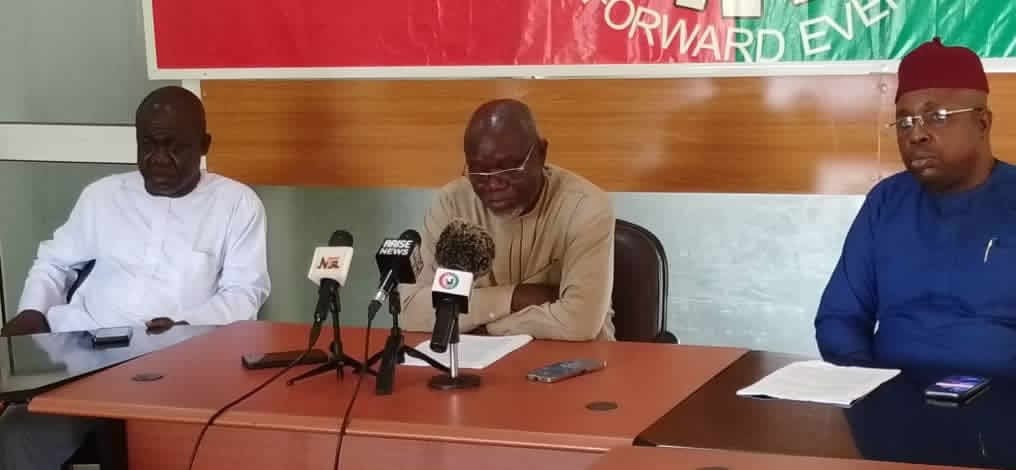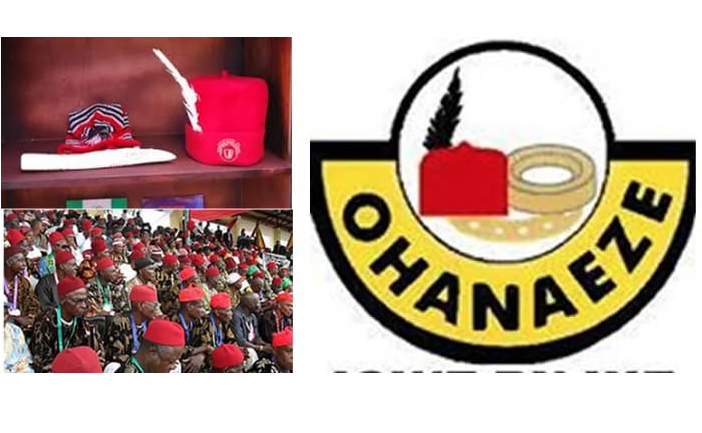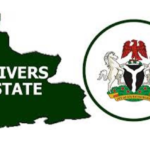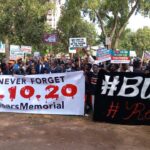Former presidential candidate of the Labour Party, Peter Obi, has urged the Independent National Electoral Commission (INEC) and other relevant authorities to properly verify all academic and professional certificates submitted by political candidates ahead of the 2027 general elections. Obi made the call in light of recent controversies involving alleged discrepancies in the credentials of public office holders, including that of Uche Nnaji, the Minister of Innovation, Science and Technology.
He described Nnaji’s resignation over those allegations as “a decent and honourable step” and contrasted it with other past incidents such as the resignation of former Finance Minister Kemi Adeosun. Obi expressed concern that certificate forgery, false declarations, and the presentation of inconsistent credentials are becoming commonplace in Nigeria’s political sphere. He criticized what he considers lax due diligence by INEC in verifying certificates submitted by aspirants for political office, stating that such failures undermine the integrity and credibility of elections. He emphasized that such practices are not trivial; in many jurisdictions, they constitute serious criminal offenses. Obi laid out several recommendations to strengthen the certificate verification process: Authentication of credentials: All candidates—from those running for President down to councils—should have their academic and professional certificates verified well ahead of elections. Timeline rules: He suggests that academic credentials be submitted immediately after party primaries and at least six months before the general elections. Public accessibility & transparency.
Details such as schools attended, years of study, and course of study should be made public (for example, within 90 days) so Nigerians can scrutinize the credentials of political aspirants. Broader application: The verification process should apply not only to electoral candidates but also to appointed officials including ministers and aides, to promote honesty from the top. Obi argues that failing to enforce verification leads to several adverse outcomes.
Loss of public trust in political leadership and electoral outcomes. A culture where forgery and false claims are normalized and go unpunished. Inconsistent enforcement of laws: while other countries punish certificate forgery severely, in Nigeria many such allegations are dismissed or treated as “pre-election matters.”
As the 2027 elections draw nearer, Obi’s appeal is for INEC and related governance bodies to start acting now. That includes reviewing past complaints, refining or amending relevant laws (for example in the Electoral Act), and instituting stricter, uniform procedures for credential verification. He insists that for Nigeria to have a truly free, fair, and credible election in 2027, “truth, transparency, and accountability” must form the foundation of leadership.
Follow us on all social media platforms @dailyquery for news and analyses around the globe.
